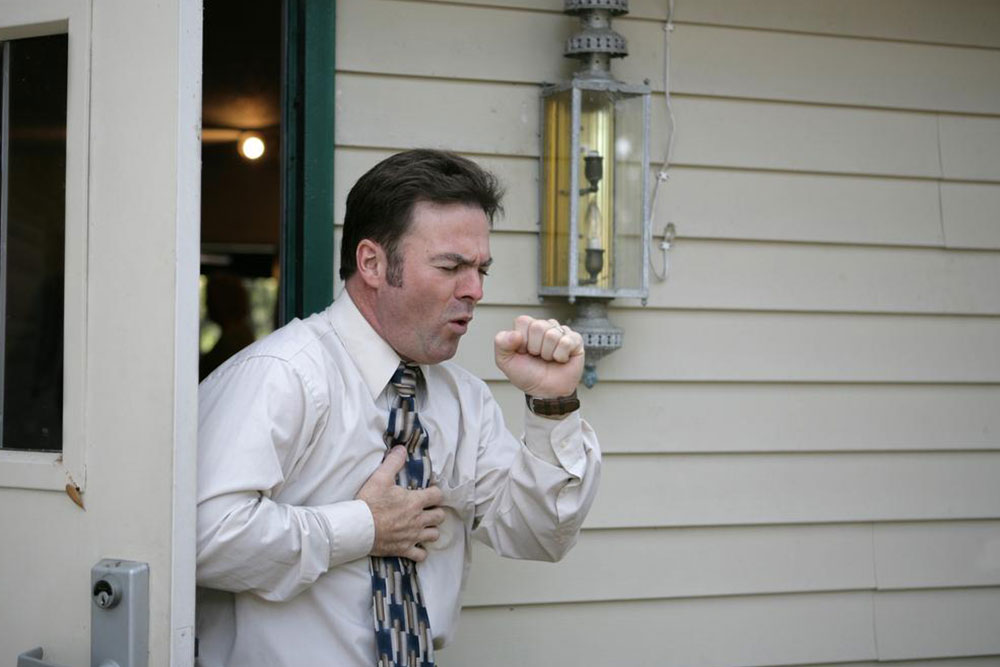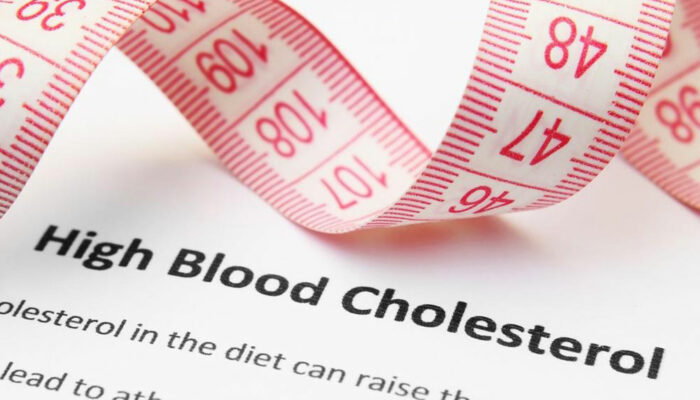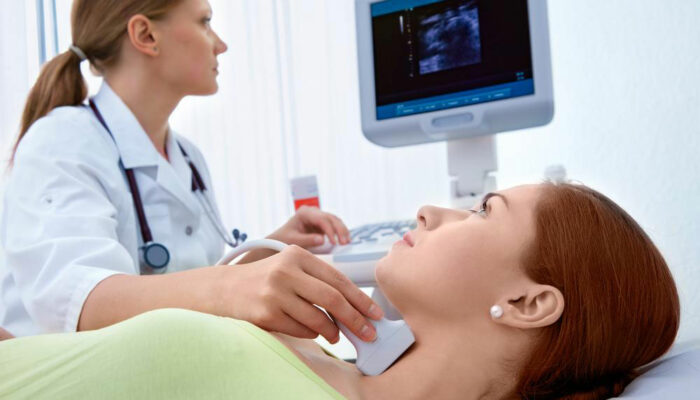
Cold and cough – Causes, symptoms, and prevention
Anyone can catch a cold at any time of a year. Common cold is a highly contagious viral infection that affects the upper respiratory system and is among the most common reasons for absence from both school and work.
Causes
More than 200 viruses can cause common cold and cough, but most are caused by rhinoviruses. Rhinoviruses can live for up to 3 hours on any surface such as your skin and other objects like toys, doorknobs, pens, and telephones.
Signs and symptoms
People develop cold and cough over a few days. The symptoms usually start with a sore or irritated throat and a low-grade fever that rarely exceeds 100 degrees F. It may also lead to other symptoms.
- Mild fatigue
- Sneezing
- Slight body ache and pain
- A sore throat and some mild chest discomfort
- If an individual has a cold, they may also develop a hacking cough that often leads to the product of excess mucus
- Nasal congestion is common and usually goes away within a week.
Diagnostic tests
There are no definitive medical tests to diagnose common cold and cough. The diagnosis is usually based on the symptoms of the patient or the findings of a physical examination. Sometimes, doctors use a flu test, also known as the “rapid influenza” test, to confirm the diagnosis. It takes roughly 15 to 30 minutes to get the results.
Prevention
Keeping your hands clean by washing them with soap and warm water is considered one of the best ways to prevent cold and cough. If the virus resides in your hand, it can enter your body via your eyes and nasal cavity. You can also undertake some additional measures to prevent or reduce your risk of getting a cold and cough or even transmitting the virus to others.
- The Centers for Disease Control and Prevention suggests using alcohol-based hand sanitizers to keep your hands clean when soap and water are not available.
- Try to avoid being in close proximity to those who are already sick, and make sure to avoid being around others when you are sick.
- Cover your nose and mouth while sneezing or coughing.
- Use your elbow or a tissue instead of your hand to cough or sneeze.
- Always wash your hands after coughing or sneezing.
- Make sure to routinely clean the surfaces around you with a disinfectant.
Treatment and care
When you are recovering from a cold and cough, it’s essential to stay at home, get a lot of rest, keep yourself hydrated, and treat your fever. If your condition does not improve or gets worse, contact your doctor immediately to avoid potential complications. This is especially true for young children, those with a chronic medical condition and seniors.
There is no particular cure for common cold, but many medications available in the market provide relief from the symptoms of this condition like a sore throat, cough, congestion, and fever.



